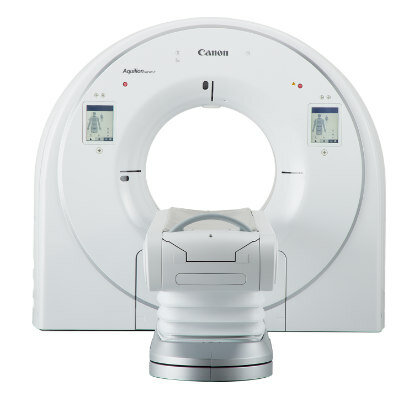Detecting Coronary Artery Disease Before Symptoms Appear
By MedImaging International staff writers
Posted on 30 Mar 2015
Results of a new study aimed to find ways to detect subclinical Cardiovascular Disease (CD) even before symptoms become apparent has been published in the March 24th issue of the Journal of the American College of Cardiology. Posted on 30 Mar 2015
The study was led by researchers at the Icahn School of Medicine at Mount Sinai Hospital (ISMMS; New York, NK, USA) and followed healthy women aged between 60–80 years, and men aged between 55–80 years, who had no symptoms or history of CD, for three years.
The BioImage study added novel 3-D vascular ultrasound and a low-dose Computer Tomography (CT) scan to current standard methods for detecting Coronary Artery Disease (CAD). CAD increases the risk of heart attack, stroke, or premature death.
The study results showed that adding the adding the two noninvasive imaging tests enabled clinicians to identify subclinical atherosclerosis in 60% of the apparently healthy study participants. Those individuals with increased carotid plaque and coronary artery calcium had a two to three times greater chance of having an artery blockage, or a heart attack or stroke.
Dr. Valentin Fuster, principal investigator of the BioImage study, said, "Using only traditional risk factor assessment for cardiovascular disease may imprecisely classify a patient's risk. Our study shows simply adding one of our available cardiac imaging resources may more accurately predict a patient's risk or diagnose their disease, also giving us an opportunity to prevent them from experiencing a future cardiac event and possibly save more lives from the burdens of cardiovascular diseases. For our patients' lives and for the health of our global economies we need to improve our predictive measures for cardiovascular disease and can no longer just rely on traditional risk factors. Our results prove adding imaging-based biomarkers that directly quantify atherosclerosis are ideal adjuncts to the current conventional CVD risk factors and these imaging biomarkers may be a true game-changer to our practice of cardiovascular medicine."
Related Links:
Icahn School of Medicine at Mount Sinai Hospital














